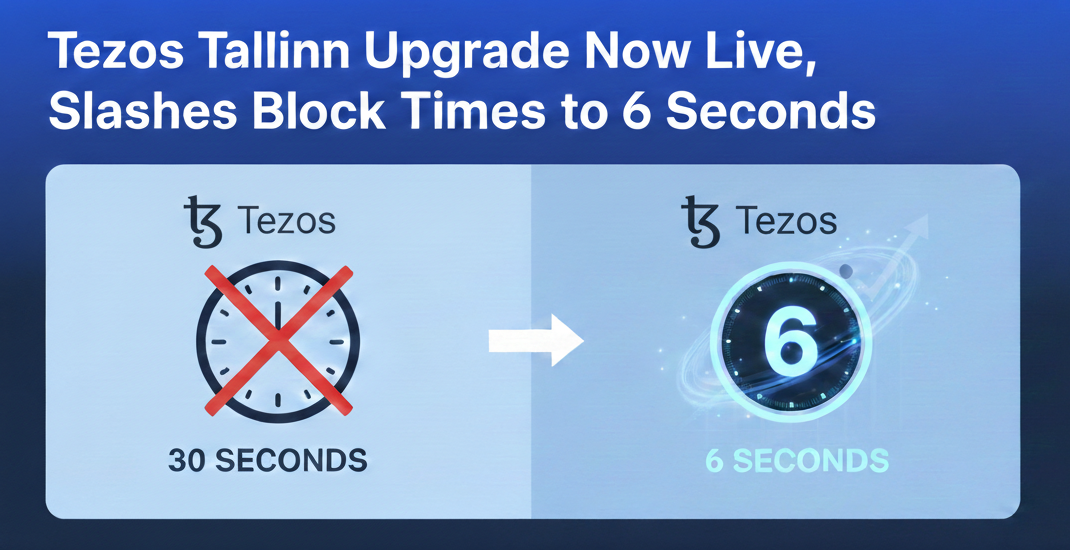Roman Storm’s Journey: From Coder to Tornado Cash Co-Founder and a Landmark Crypto Verdict

Roman Storm’s remarkable rise from self-taught programmer to co-creator of Tornado Cash and now a high-profile criminal defendant captures both the promise and the peril of building in crypto’s fast-moving privacy sector. The 36-year-old developer, celebrated for his technical ingenuity, now stands at the center of a watershed court case that could redefine the legal risks faced by blockchain builders.
From Russia to America: A Self-Taught Coder’s Early Drive
Storm’s tech odyssey began in his youth, after his parents gifted him a personal computer. This fueled a passion for programming, gaming, and tinkering with software. He attended South Ural State University in Russia, majoring in metallurgical engineering while building skills in physics, math, and open-source coding.
In 2008, Storm immigrated to the United States, starting out with low-wage jobs before quickly breaking into the tech world. His U.S. resume includes quality assurance at Cisco and a software engineering stint at Amazon, reflecting both hustle and adaptability that would later underpin his crypto achievements.
Entering Crypto: Building the Path to Tornado Cash
By 2017, Storm left Amazon for the exploding world of blockchain technology. He began developing Ethereum contracts, worked as CTO for POA Network an Ethereum-based sidechain and later founded PepperSec, a blockchain security and consulting firm. Through PepperSec, Storm interacted with Ethereum co-founder Vitalik Buterin, igniting an interest in blockchain privacy that led directly to his work on Tornado Cash.
“The Ethereum community had been in need of a privacy tool for a lot of very legitimate reasons,” Storm explained in interviews, reflecting on how Tornado Cash emerged as a solution for users wanting anonymity in their transactions.
Building Tornado Cash: A Powerful Crypto Mixer
Launched in 2019, Tornado Cash operates as a cryptocurrency mixer, allowing users to move digital assets in a way that obscures the sender and recipient, greatly enhancing privacy. The service became hugely popular with both regular users and those seeking to evade surveillance including alleged criminal entities. According to the U.S. Department of Justice, Storm was “personally aware” that Tornado Cash was used to launder over $1 billion in illicit funds and personally profited from more than $12 million in fees.
From Open Source to Guilty Verdict
Storm’s journey took a legal turn in August 2023 when he was indicted on charges including conspiracy to launder money, operating an unlicensed money-transmitting business, and violating U.S. sanctions. On Wednesday, a New York jury found Storm guilty of running an unlicensed money-transmitting business, for which he could face a sentence of up to five years in prison. The jury was undecided on two weightier felony counts conspiracy to launder money and conspiracy to violate sanctions which together could bring up to 40 additional years if prosecutors choose to retry him and win a conviction.
Throughout his trial, Storm has insisted that he was merely writing and sharing open-source code and has criticized the U.S. government’s pursuit of criminal charges. His supporters argue that targeting developers for publishing code could chill innovation and threaten the very ethos of decentralized tech.
A Landmark Case for Crypto Developers and Privacy
Storm’s guilty verdict is expected to establish crucial legal benchmarks for the responsibilities and liabilities of open-source software developers, especially those working in privacy-oriented DeFi projects. Legal experts note that the U.S. Department of Justice still has the option to retry Storm on the unresolved charges in a new trial, a decision expected soon. The outcome could ripple far beyond one man impacting how courts and regulators approach digital privacy, developer intent, and the role of open-source code in a decentralized world.
As Storm’s legal saga unfolds, it’s not just his personal fate in question, but the future boundaries of developer accountability and privacy in the age of blockchain.





